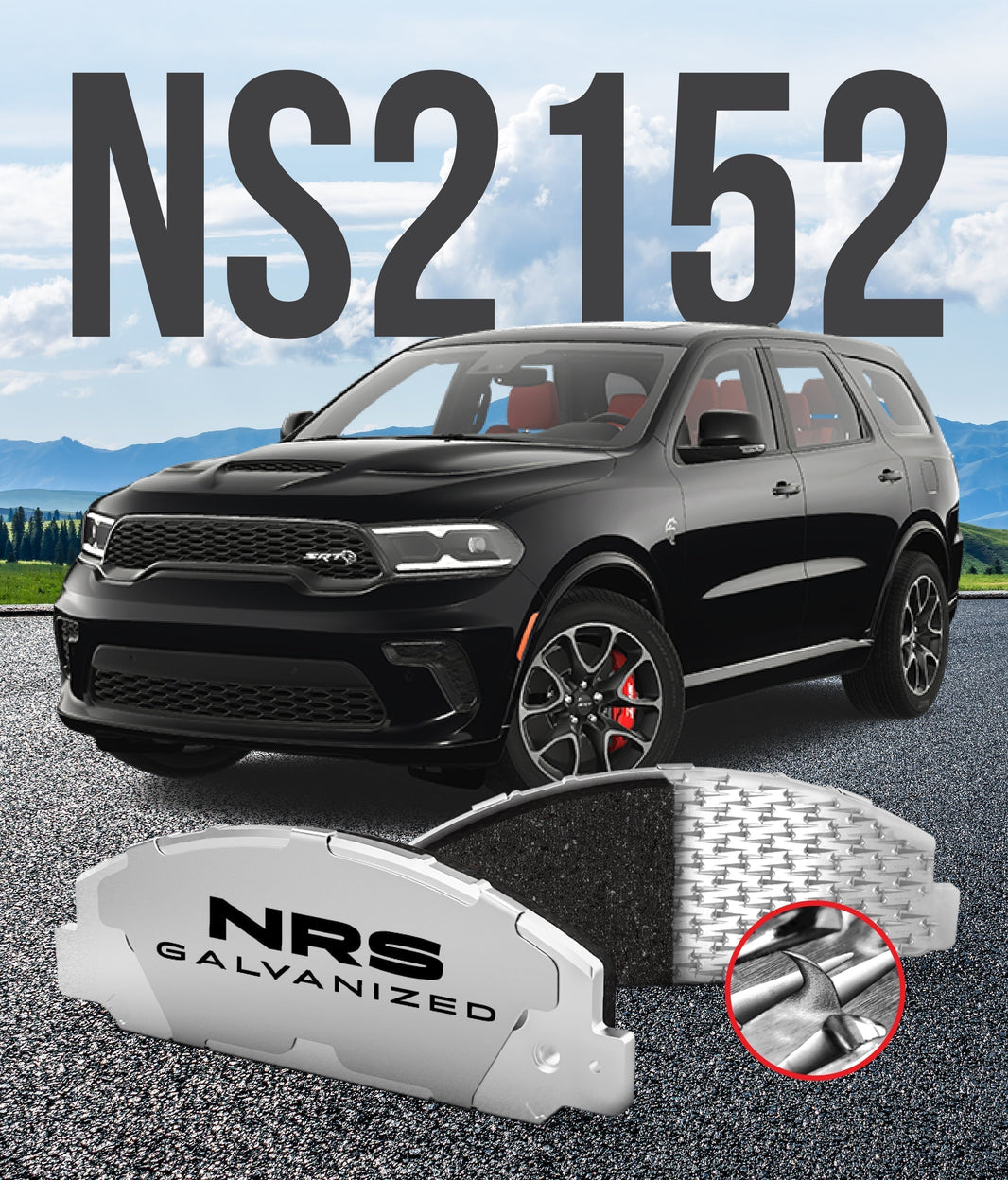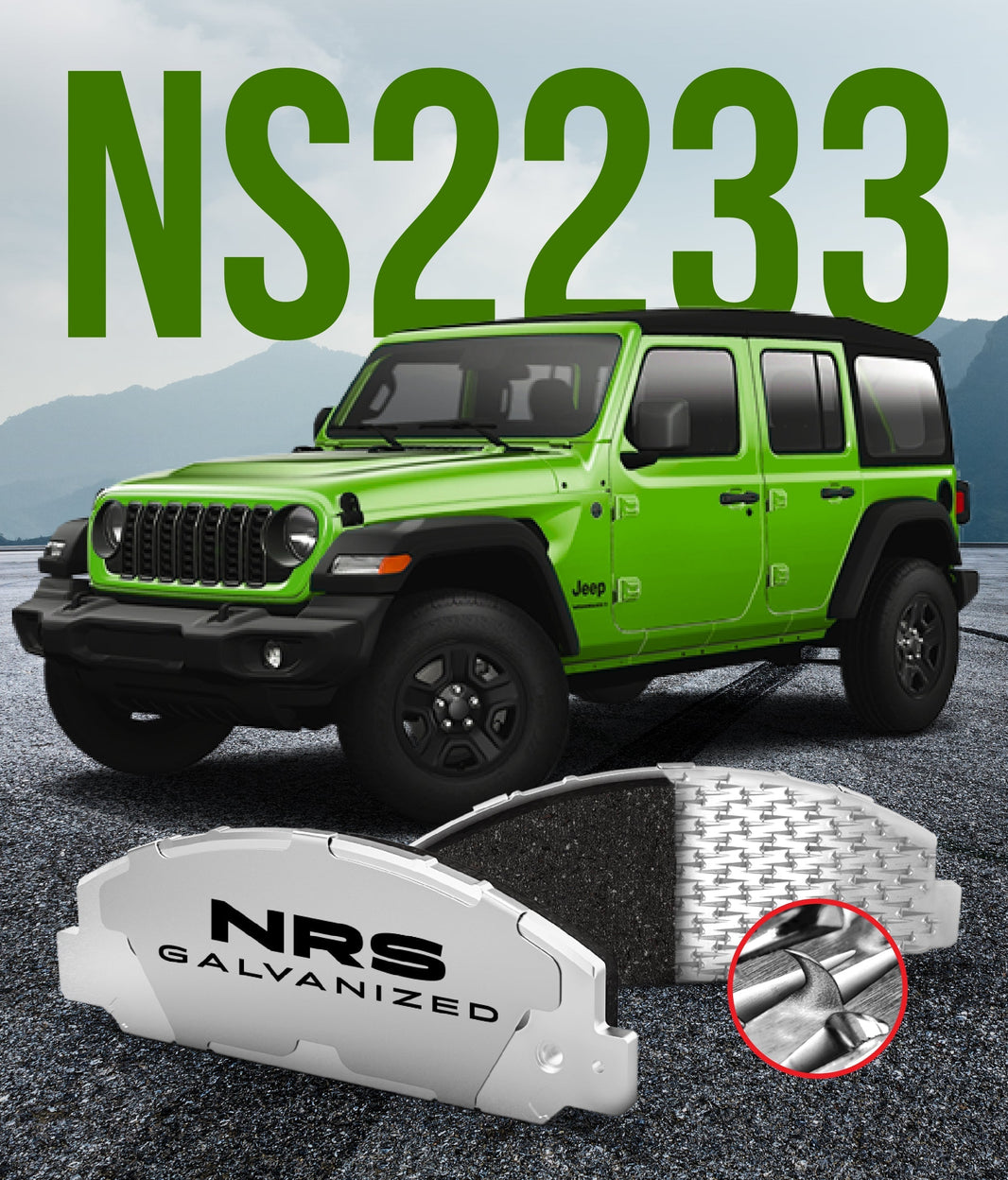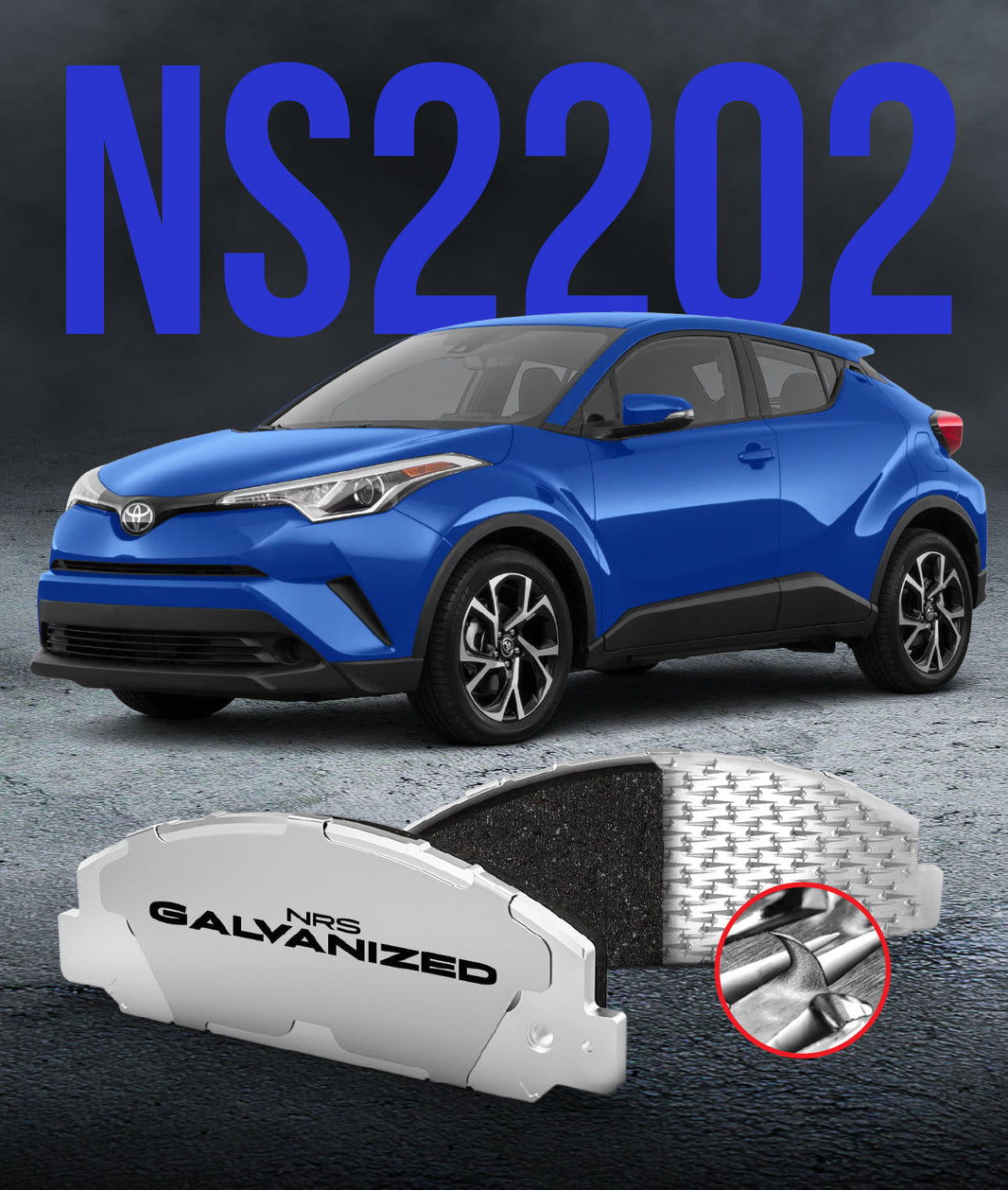
That burning smell is a direct result of the intense heat generated when your brakes convert motion into thermal energy. While some odor under heavy use can be expected, a persistent or particularly strong smell is your car's way of sending up a smoke signal. Understanding the difference between normal heat and dangerous overheating is crucial for your safety.
The Science of Stopping - Why Brakes Get Hot
Your brakes work on a simple principle: friction. When you press the brake pedal, hydraulic fluid forces the brake pads to clamp down onto the spinning brake rotors. This friction resists the rotation of the wheels, converting the kinetic energy of your moving vehicle into thermal energy, or heat.
Under normal driving conditions, this heat is easily dissipated into the surrounding air by the rotors and wheels. However, under heavy or prolonged braking, the amount of heat generated can overwhelm the system's ability to cool itself. It is this buildup of extreme heat that leads to that characteristic burning smell.
Normal Smells vs. Warning Signs
Not every hot brake smell signals impending doom. There are a couple of situations where a noticeable odor is perfectly normal and temporary. The key is knowing when the smell is expected versus when it is a red flag indicating a serious problem.
A common time to notice a smell is right after installing new brake pads and rotors. During the first few dozen miles, special resins used in the manufacturing process will "cure" under heat, and the pads will bed into the rotors. This process can create a distinct odor that should disappear quickly as the brakes break in.
You might also notice a smell after unusually heavy braking, such as descending a very long, steep mountain pass or during performance driving. This indicates the brakes got very hot but are likely still functioning correctly, provided the smell disappears once they cool. However, if this happens during your normal commute, it points to an underlying issue.
Common Causes of a Persistent Burning Smell
If you notice a strong burning smell during regular driving, or if the smell lingers long after you have stopped, it is almost always a sign of a mechanical problem. This persistent odor indicates that your brakes are overheating dangerously. This is often due to unintended, continuous friction.
Severe Overheating (Leading to Brake Fade)
The most direct cause of a burning smell is simply pushing your brakes too hard for too long. This extreme heat literally cooks the brake pads. The phenolic resins holding the friction material together begin to break down and burn, releasing gases – this is the smell you notice.
This condition is often the precursor to brake fade, a dangerous temporary loss of stopping power. The burning smell is your warning that the pads are getting too hot to function effectively. If you continue braking hard, you risk losing your ability to stop altogether.
Sticking or Seized Caliper
This is perhaps the most common mechanical cause of a persistent burning brake smell during normal driving. Your brake caliper is the hydraulic clamp that squeezes the pads. It must slide freely on guide pins to apply and release pressure evenly.
If these pins corrode or lose lubrication, the caliper can stick. This often means the brake pad does not fully release from the rotor when you take your foot off the pedal. This constant dragging creates continuous friction and immense heat, quickly overheating the pad and rotor, leading to a strong burning smell from the affected wheel. You can learn more about this in our guide to brake caliper issues.
Parking Brake Still Engaged (or Partially Engaged)
Your parking brake (also called an emergency brake or handbrake) operates independently, usually on the rear wheels. If you forget to fully disengage it before driving off, you are essentially driving with the brakes applied. This constant drag will rapidly overheat the rear brake components.
Even if the parking brake lever is only slightly engaged, it can create enough friction to generate a noticeable burning smell. Always double-check that your parking brake is fully released. If the smell persists, the cable or mechanism itself might be stuck.
Improper Brake Pad Bedding-In
When new brake pads and rotors are installed, they require a specific break-in procedure, often called "bedding-in." This involves a series of controlled stops to properly transfer an even layer of friction material from the pads to the rotors. This process ensures smooth, quiet operation and optimal performance.
If this procedure is skipped or done incorrectly, uneven deposits can form on the rotor. This can lead to brake judder (pulsation) and can also cause localized overheating where the pads make inconsistent contact. This overheating can generate a burning smell as the high spots on the rotor scorch the pad material.
What to Do If You Smell Burning Brakes
That acrid smell is a clear warning sign that demands immediate action. Your response should prioritize safety and getting the vehicle stopped so the brakes can cool. Ignoring the smell can lead to brake fade or permanent damage to components.
Here is what you should do:
-
Find a Safe Place to Pull Over: As soon as it is safe, pull off the road and stop the vehicle. Avoid sudden, hard braking if possible.
-
Let the Brakes Cool: Turn off the engine and let the brakes cool down for at least 30 minutes. Do not touch the wheels or brake components, as they will be extremely hot.
-
Perform a Visual Check: Carefully approach each wheel and feel for excessive heat radiating from one corner compared to the others – this indicates a dragging brake. Look for any visible smoke or discoloration (bluish tint) on the brake rotors.
-
Check the Parking Brake: Ensure your parking brake is fully disengaged.
-
Proceed Cautiously: If the smell seems to have dissipated after cooling, you can try driving slowly to the nearest service station. Use your brakes gently and sparingly. If the smell returns immediately or your brake pedal feel is soft or spongy, stop again and call for a tow.
A persistent burning smell means a professional inspection is necessary. A mechanic needs to perform a thorough car brake inspection to identify the cause, whether it is a sticking caliper, worn-out pads, or another issue. Do not simply hope the smell goes away on its own.
Preventing Hot Brakes
While some situations causing hot brakes are unavoidable, you can take steps to minimize the risk through driving habits and proper maintenance. Keeping your brakes within their designed operating temperature range is key to longevity and performance.
Use engine braking whenever possible, especially on long downhill stretches. Shifting to a lower gear lets the engine control your speed, giving your brakes a chance to cool. Regular brake fluid flushes (every 2-3 years) prevent fluid fade caused by boiling water contamination.
Ensure calipers are serviced during brake jobs, cleaning and lubricating guide pins. Using high-quality brake pads designed for your vehicle's intended use also makes a significant difference in heat management. Quality components are less prone to overheating and fading under stress.
Conclusion
The smell of burning brakes is an olfactory alarm bell you should never ignore. While sometimes normal after heavy use or new pad installation, a persistent smell usually points to a dangerous overheating condition, often caused by a sticking caliper or driving with the parking brake engaged. This extreme heat can lead to brake fade, component damage, and a loss of stopping power.
If you smell hot brakes, pull over safely and let them cool. Investigate the cause promptly with a professional inspection; do not wait for the problem to escalate. Knowing the warning signs that indicate it's time for a brake check is essential for safe driving. Have you ever smelled burning brakes, and what did you do?




